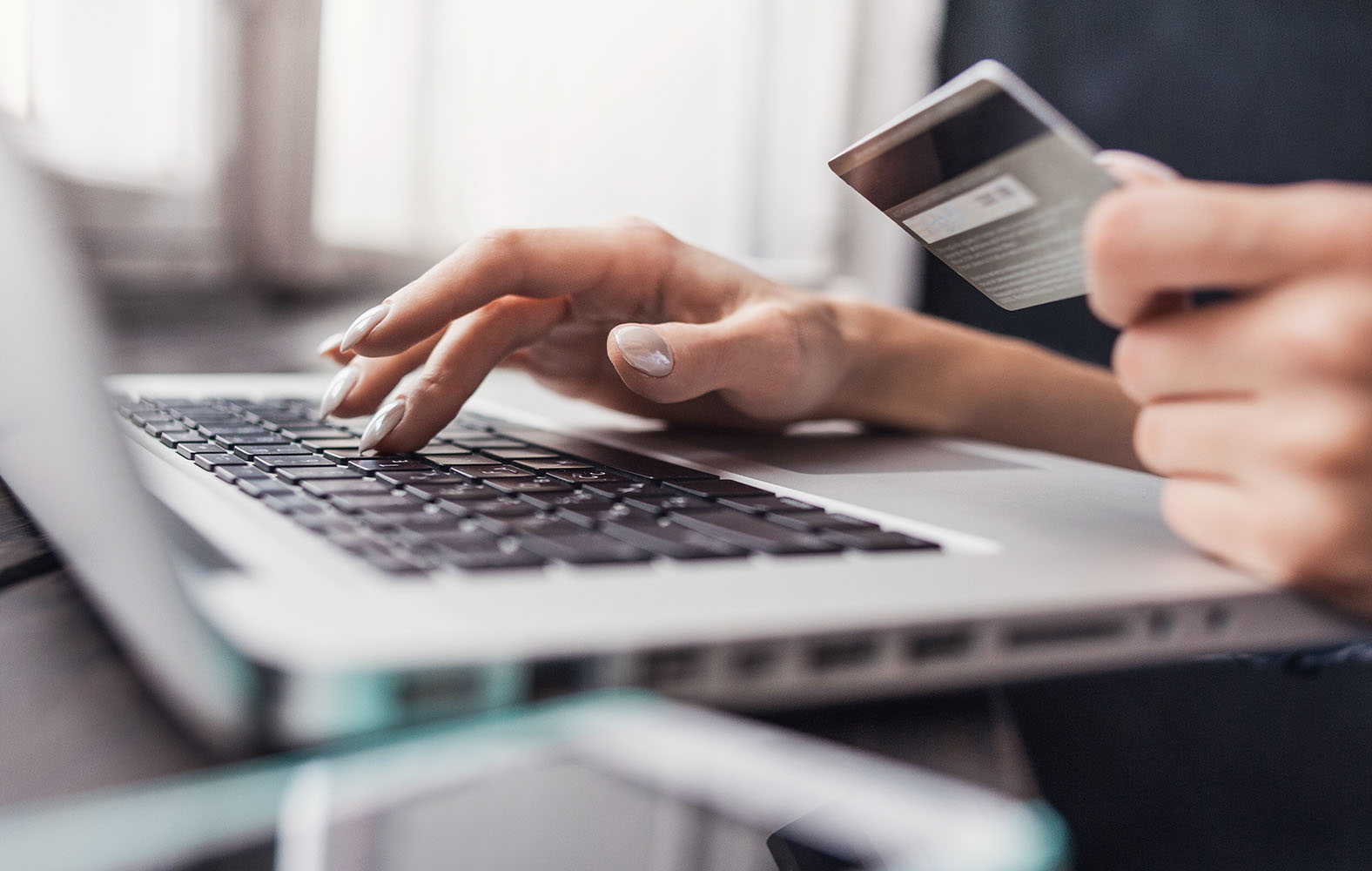Top Four Current Online Frauds
Four Current Online Frauds.
How to protect yourself and those you care about.
Fraud is timeless, but the methods people use to get to other people’s money change, as the way we use our money changes. Cheque fraud used to be a big thing — now the big scams are online.
“It’s important that people stay aware of the current scams and frauds and talk about them,” says Lexie Massaroni, Coordinator and Coach of Financial Literacy Programs for Fusion, “with increased tech and social media, there are different ways fraudsters can get into contact with people. It’s our duty to help people be more aware of what the current schemes are and what to do.”
Here are the top four that scams that Fusion members are talking about:
1. Credit and Debit Card Scams
You get a message like: “Someone made a purchase, changed a password, or logged in to your account and we need you to confirm your information.” It could be a phone call or email and the person is pretending to represent a financial institution or a credit card provider.
2. Job-related Scams
“Work from home, make great money.” The trouble is, when you sign up to be an employee, they’ll say they need your Social Insurance Number and / or your banking information to deposit your pay cheque.
3. Romance Scams
Two people connect on the internet and a relationship develops. It happens all the time. But there are people online who are contacting people, developing a relationship and then using them to get money. Scammers use fake and real websites to get access to people’s money or their personal information.
4. The e-Transfer Scam
Surprise! Someone is unexpectedly sending you money, or Revenue Canada has a refund for you. Just log-in and provide your banking details to get your money.
They have two things in common, they play on people’s trust and they want your banking or personal information.
When it comes to your finances, don’t trust the ‘person’ on the internet. Don’t worry about offending them. Trust your instincts and trust the real people at the financial institution where you manage your money.
“If you see something that looks strange, you’re unsure about, if you weren’t expecting a payment or refund, you’re right to pause,” adds Lexie. “Pick up the phone or stop in the branch. If it’s a real pay cheque or a refund it will still be there in a few days.”
When can you use financial information online?
“People purchase online all the time and for the most part, it’s perfectly safe, you just have to be a bit careful.”
A few tips:
If you started the transaction on a well-known website, chances are you’re good to give them your credit card number, expiry date, and CVV (the three digit number on the back of the card).
Anytime you buy from a website, look for one of these two signs in the address of the website at the very top of your tab: a tiny closed padlock in the upper right hand corner and / or the address will start with https, the ‘s’ means secure.

Note that Fusion's website has both the lock and the https.
Free wifi opens you up to fraud. If you’re in a public place like a coffee shop getting free wifi, don’t log into online banking there and don’t buy something online there. Free wifi is great for things that don’t need privacy. But it’s like putting your information on a postcard, instead of in an envelope, it’s just out there for anyone to pick up and read.
I think I’ve been scammed, now what?
Call us, or the relevant financial institution. We can look into it and inform the credit rating bureaus — Equifax and Transunion — so they can flag your identity in case of more suspicious activity.
Contact the RCMP – they need to know what scams are out there to track trends and keep people informed.
Other ways to protect your money:
- Lock up, shred or destroy any documents that have important information –– even receipts. Tear them up before putting them into recycling. Don’t keep extra cheques and important documents in your vehicle.
- Protect your PIN. It’s not rude to cover the keypad at the grocery store. It’s smart.
- Keep the anti-virus software on your computer up to date. It’s designed to protect you from the latest intrusions.
- Review your credit card and bank account statements each month, looking for unauthorized transactions or overbillings. Who knows, you might find lost money!
- Finally, to confirm that you haven’t been frauded or scammed, Equifax and TransUnion, Canada’s credit bureaus can provide you a credit report annually free of charge. Come in and see us, we can help you request yours.
Fraud has always been about gaining people’s trust and then taking advantage. Today, protecting ourselves doesn’t mean we have to be suspicious of everyone we meet, but we do have to accept that online it’s much easier for people and computers to appear as something they are not.
As a guideline, trust people who are trustworthy, trust your instincts, stay informed, be aware and get on with enjoying your life.
Here’s some more information about how you can protect yourself from fraud.

 Search
Search







 www.google.com
www.google.com
